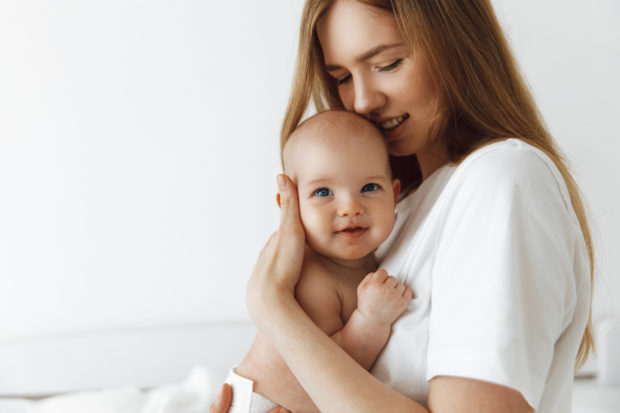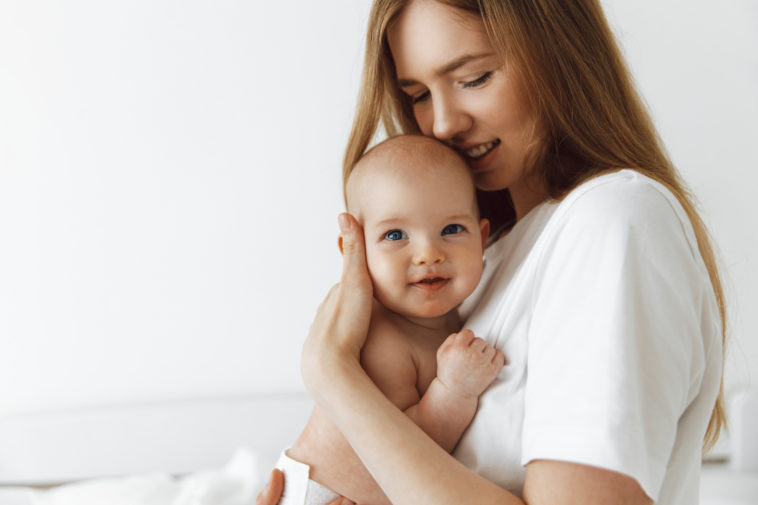Every single year, approximately fifteen million newborns– or one in ten of all global births– are preterm. On top of that, over twenty million babies are born with low birth weights.
The World Health Organization (WHO) recognizes that this number is rising– making prematurity the leading cause of death among children under five years old.
So, last week, the organization issued new guidelines aimed at improving the health and survival outcomes of babies born before thirty-seven weeks or weighing under two and a half kilograms.
Primarily, skin-to-skin contact– otherwise known as kangaroo mother care– should begin immediately following birth without any initial time spent in an incubator. This is a significant switch from previous WHO guidance and mainstream physician procedures.
“Most preterm babies can be saved through feasible, cost-effective measures, including quality care before, during, and after childbirth, prevention and management of common infections, and kangaroo mother care– combining skin-to-skin contact in a special sling or wrap for as many hours as possible with a primary caregiver, usually the mother, and exclusive nursing,” the organization’s press release said.
However, because preterm babies often have lower body fat, many may run into problems regulating their own temperatures and often need medical assistance to breathe. In these cases, the WHO guidelines advise physicians to refer to previous recommendations in which the preterm baby is initially separated from their primary caregiver and stabilized within a warmer or incubator. This separation period typically lasts between three and seven days.
In cases where this is avoidable, though, the WHO now strongly recommends kangaroo care based on the findings of a new clinical trial published in the New England Journal of Medicine.
In fact, the research revealed that immediate kangaroo mother care could save up to one hundred and fifty thousand more lives per year, reduce infection and hypothermia rates, and improve feeding.
So, Dr. Karen Edmond, the WHO’s Newborn Health Medical Officer, detailed how a parent’s first embrace with their child is not just emotionally important but also a critical physical health and survival factor for preterm babies.

Sign up for Chip Chick’s newsletter and get stories like this delivered to your inbox.


